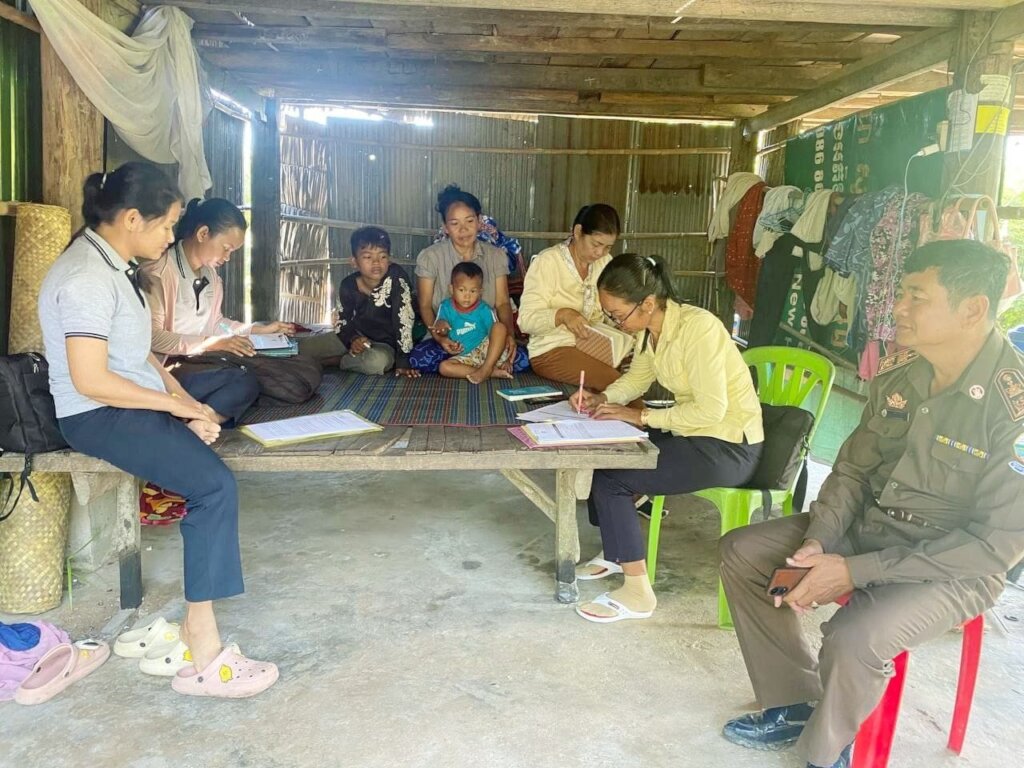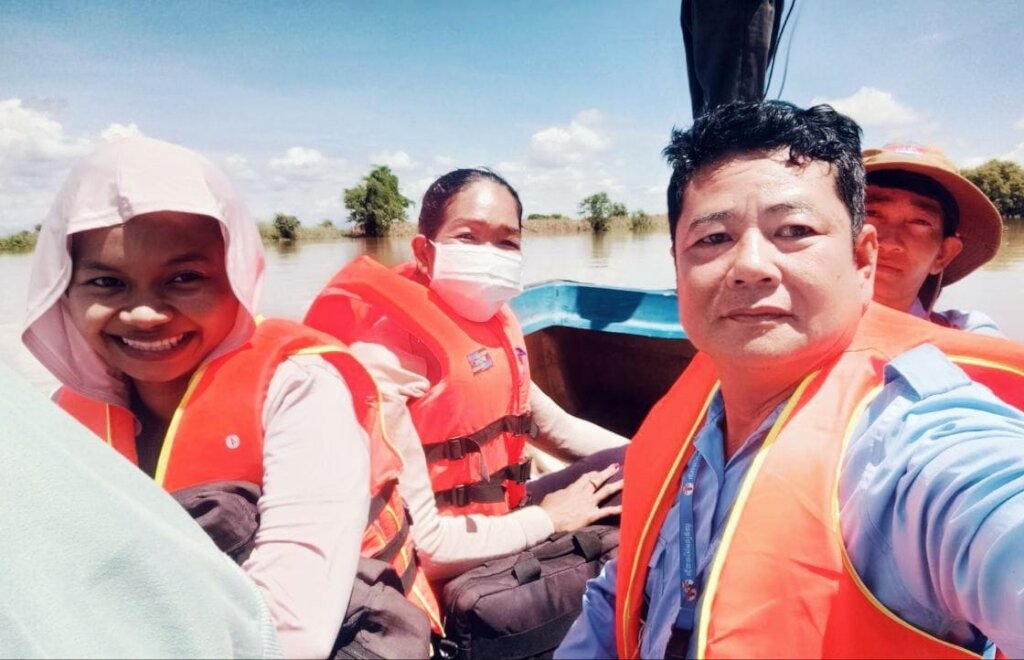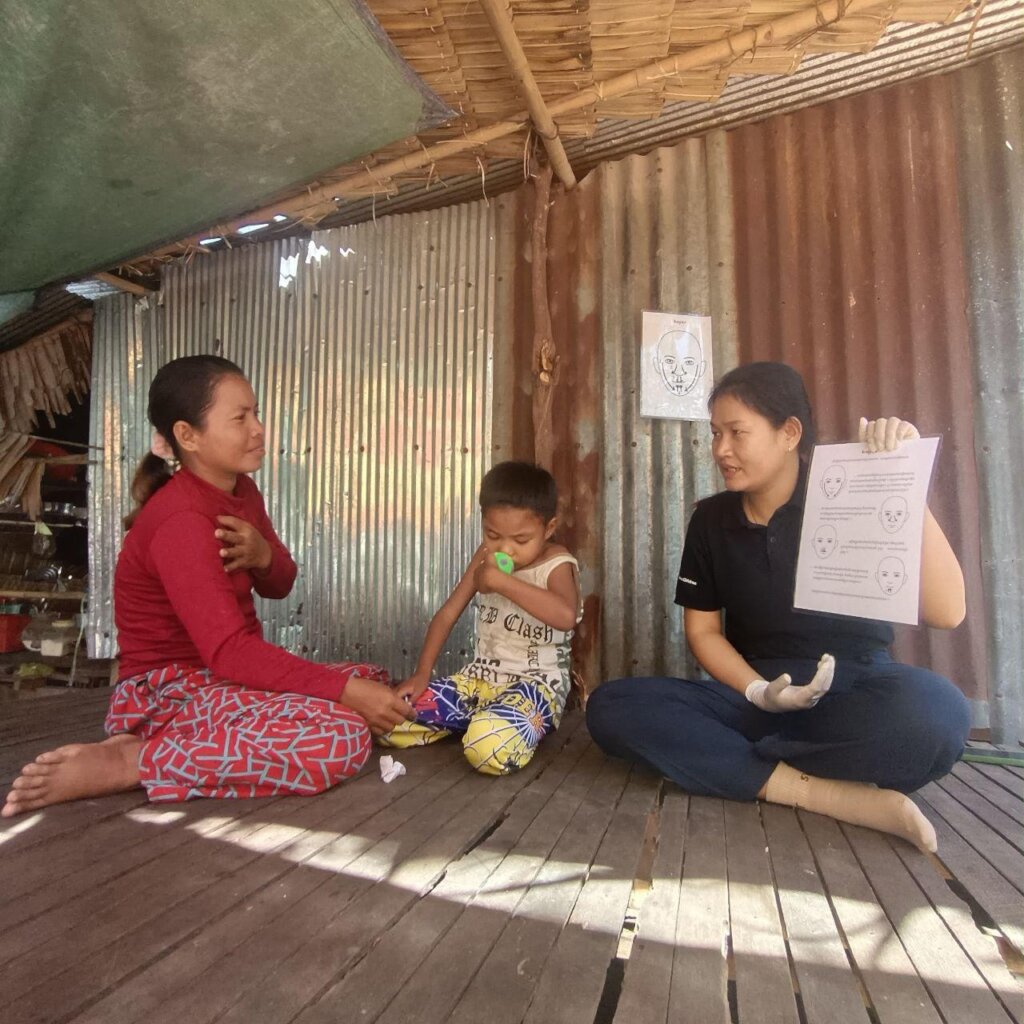By Erin Foley | Communications & Media
Often donors, stakeholders, and orphanage directors fail to ask, “What happens to all of the children when funding dries up or leaders decide they no longer want to run a children’s home?”
In addition to managing the cases of children in Foster Care and our Family of Origin as First Priority (FOR-1) programs, we were called upon by the government and partner organizations to help with the reintegration of many children from orphanages. Children’s homes run by a specific organization were suddenly shut down without funding. Although children are there for a myriad of reasons - mostly poverty - they cannot simply be returned to their families without proper vetting and planning.
Each case needs to be evaluated. Each child needs security and safe attachment, especially after feeling abandoned and having familial bonds broken.
It’s one of the reasons we believe placing children in orphanages should only occur when all other possible options are exhausted and should be re-evaluated by case managers regularly, with safe family being the ultimate and final goal.
While we hate seeing children’s worlds upended suddenly, we are grateful for our professional experience and expertise to assist in their reunification.
In addition to reintegration support, for the past four months, our staff have managed the cases of 132 children in both Foster Care and our FOR-1 programs.
Since domestic adoption became legal again in 2018, we have worked closely with many of our foster families to legally adopt their children. In the past six months, five children in our programs were adopted and their cases were closed after monitoring to ensure success for the long term.
Because permanency for children is near to our heart, our staff and the ministry overseeing child protection put on a two-day workshop for local leaders, government officials, police, and other stakeholders called “Permanency Planning Implementation through Domestic Adoption.” 54 participants attended to better understand the implementation of domestic adoption, following the social work procedure, the “Role and Responsibilities” of government stakeholders from national to sub-nation levels, and the “Process of Domestic Adoption.”
It is one thing to create laws, it is another to implement them well with positive outcomes for children and their families. It is exciting to see the communities we serve grow in their capacity to keep children safe and allow them to grow up in healthy and loving families.
Your support helped make this possible. Not only does your donation impact the children in our care now, it makes positive changes to protect and provide for vulnerable children in the future.
Project reports on GlobalGiving are posted directly to globalgiving.org by Project Leaders as they are completed, generally every 3-4 months. To protect the integrity of these documents, GlobalGiving does not alter them; therefore you may find some language or formatting issues.
If you donate to this project or have donated to this project, you can receive an email when this project posts a report. You can also subscribe for reports without donating.
Support this important cause by creating a personalized fundraising page.
Start a Fundraiser

